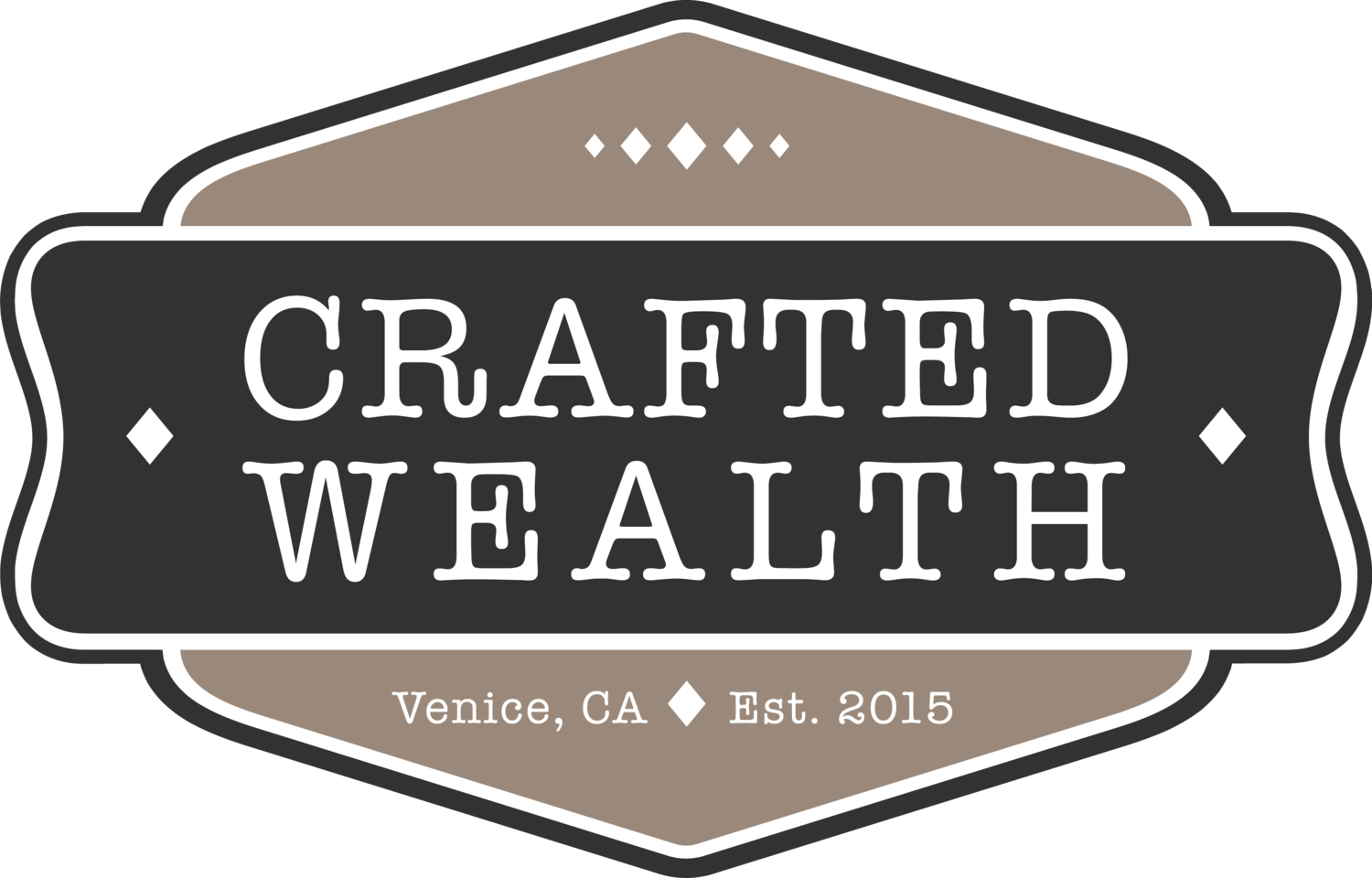What is a Fiduciary and what’s all the hype about?
Have you watched John Oliver’s June 12th episode? Episode here. It was about retirement plans, their fees, and how to best avoid them. He kept repeating that if you want to work with a financial advisor, make sure they are a fiduciary. That’s because a fiduciary is legally obligated to work in your best interests.
I get it, this is a weird industry. We have huge companies who’s “Financial Advisors” operate as broker dealers, insurance salesman, and get paid commissions on sales. Getting paid commission isn’t inherently bad but it muddies the waters when it comes to advice. When working with a professional you want to know that the advice you're receiving is best for you and the person you're working with isn’t a salesman selling their company’s products.
While looking for a fiduciary, set your sights on a Certified Financial Planner.
Financial Advisor versus Certified Financial Planner (CFP)
What’s the difference in working with a Certified Financial Planner over someone labeled as a Financial Advisor, Financial Coach, Wealth Advisor, Financial Consultant, etc? Certified Financial Planners provide all aspects of the wealth building process and not just investment management. The wealth building process includes financial planning, cash flow/budgeting, debt management, retirement, insurance, education, income tax, estate planning, and investment management. These are all critical aspects to keeping you and your family financially healthy. You will be less likely to make critical mistakes or have chronic issues. You will use the services that a CFP provides at the same or lower cost than working with an investment-only financial advisor.
Why is a CFP held in high regards? A Financial Advisor with the CFP designation has a bachelor’s degree, gone through the CFP educational curriculum (9 principal topics), studied a massive breadth of material (78 detailed areas), has passed the grueling CFP exam, has a minimum of three years of experience, and has signed the CFP boards ethical standards. That’s why when looking for a financial advisor, I find it important to not only look for a fiduciary but someone who also has their CFP designation.
To further improve your odds of finding a "REAL" financial advisor, use NAPFA.org and XYplanningnework.com. You can use both sites to search for a Fee-Only CFP near you. Good advice doesn’t need to be expensive and working with a CFP and fiduciary means it will be in your best interests and tailored to you.
Thank you John Oliver and team for using your platform to inform all your followers about the financial advice industry! You have a broad reach and are helping us “REAL” financial advisors spread the word.

